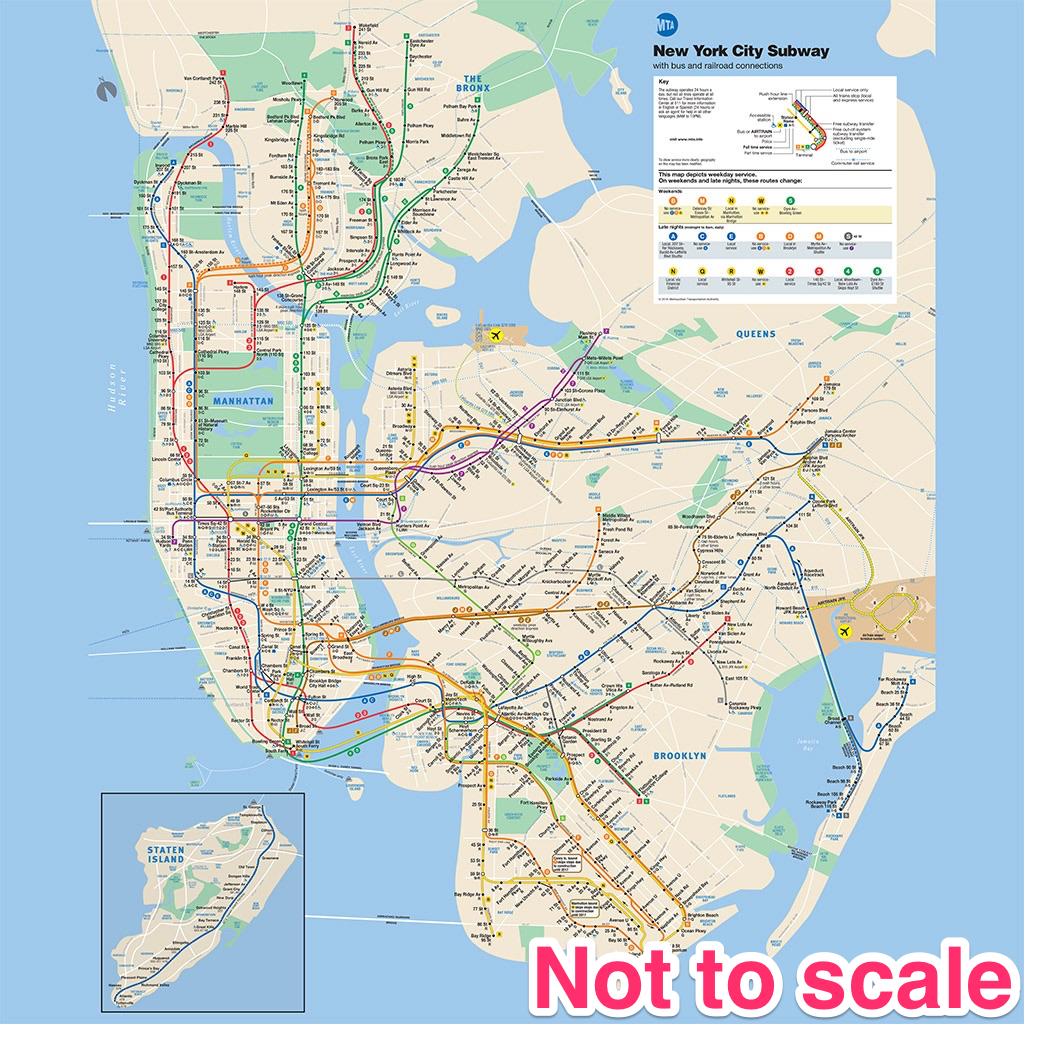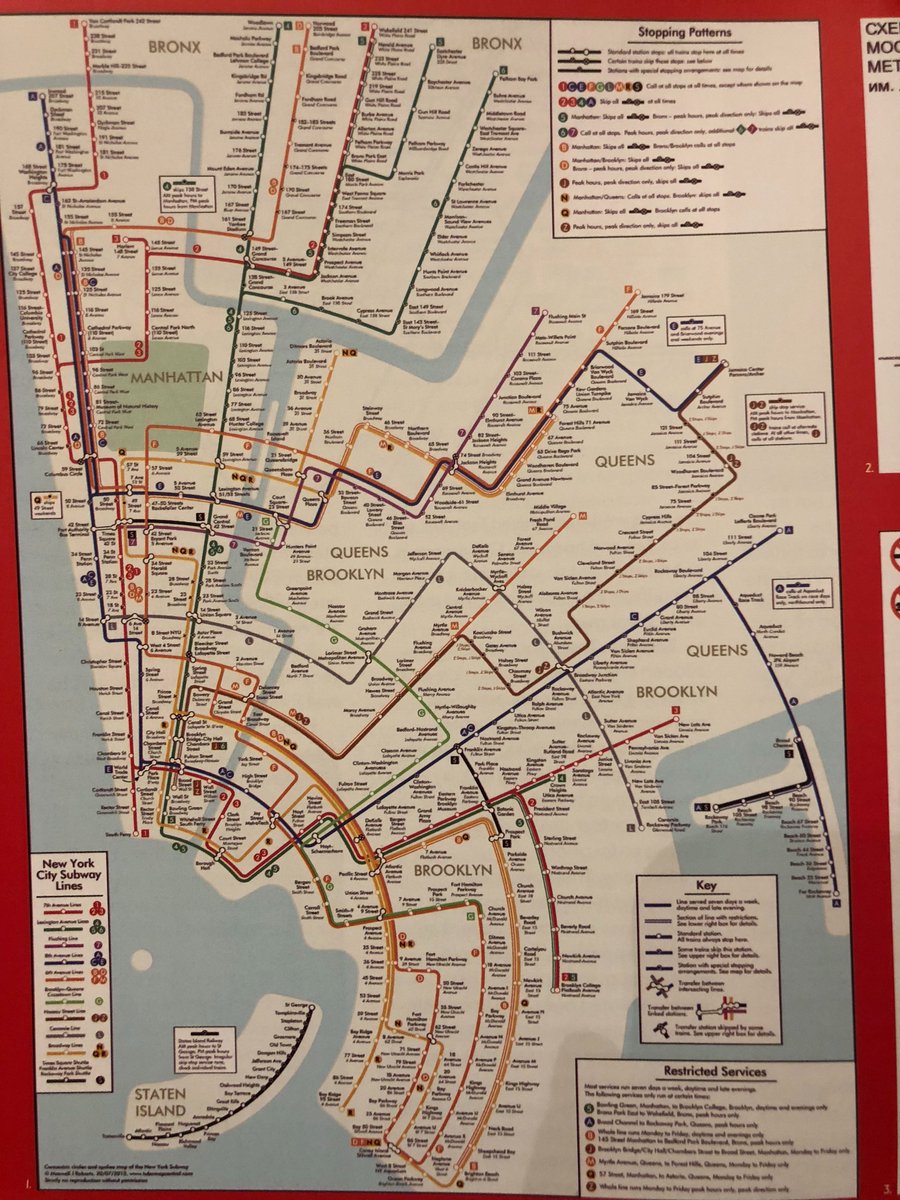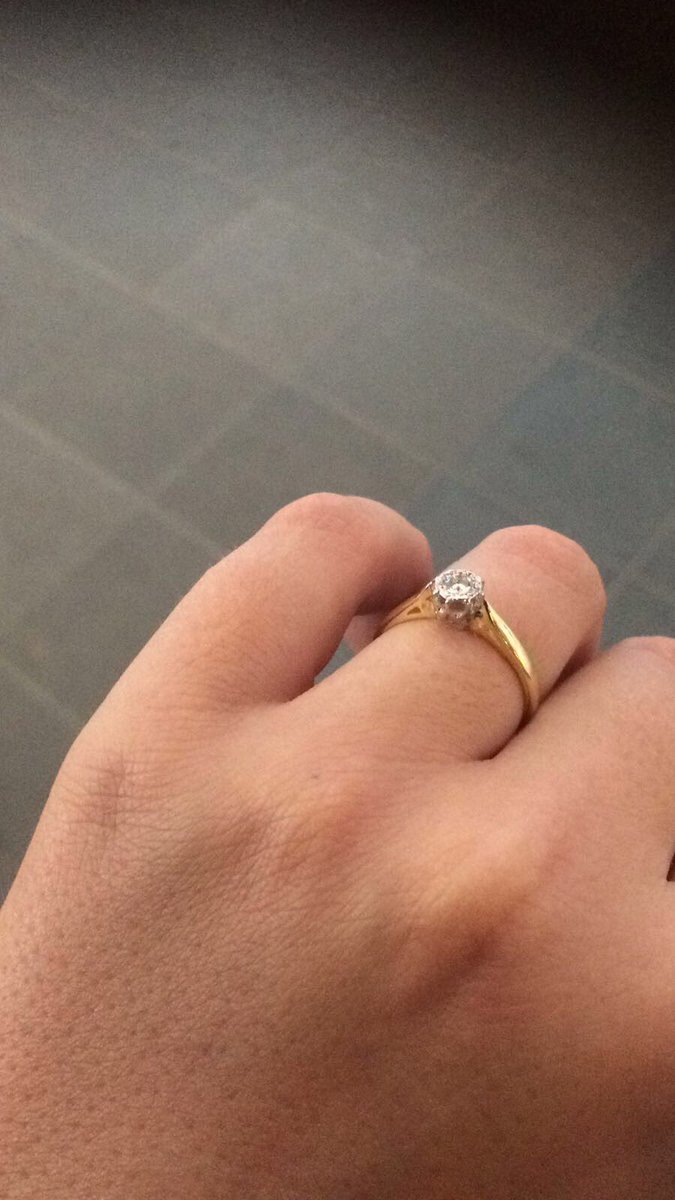Me : I find it quite useful.
X : But is it right?
Me : Oh no, it's wrong. All maps are imperfect, all models are wrong. Someone will make a better map. If they don't, the field is a blind alley.
Me : Yes
X : But, you say it's wrong?
Me : Yes
X : Where is it wrong.
Me : I don't know that bit yet. Someone will find a better map and then we will know where it's wrong.
Me : How do you mean?
X : It's wrong but it's useful.
Me : I find it useful. You might not. If you don't then don't use it.
X : Doesn't it run the danger of constraining a view of the world to itself?
Me : All maps do that.
Me : All maps do that.
X : But you might miss the important stuff.
Me : True. But I generally find I miss the important stuff by wandering around aimlessly without a map. It's a trade-off in a way.
Me : You seem to be looking for the perfect map that gives you every perspective. But every map is imperfect. There's no perfect representation of reality, that's a delusion. I only care if the map is useful and whether someone has made a better map.
Me : Like geographical maps?
X : Yes
Me : You thinks kids understand maps by nature or nurture? Don't you remember learning about your first maps? What you mean is the maps are unfamiliar.
Me : Yes. So, you share them and use it to create a better map from a common understanding. You don't think geographical maps were born in the same form as they are today? They evolved.
Me : Fair enough but it's still an early industry. Give it time, someone will make a better map that is more intuitive and easier to understand.
Me : Stop! Not everyone is going to either like this method of mapping, understand these maps or find them useful. That's ok. If you're in that boat then don't use them. We've lived quite happily in business for a long long time without maps.










